In the three decades since its inception, Linux has steadily grown from an obscure operating system used by a niche group of enthusiasts to a dominant force in the realm of servers and mobile devices. Today, Linux powers over 70% of the world's smartphones and servers, showcasing its robustness and reliability. However, its adoption on desktop computers remains relatively modest, with a market share of around 4%. Despite this, recent years have witnessed a resurgence in interest and development within the Linux ecosystem, making it more user-friendly and accessible than ever before.
Linux Today: A Mature and Versatile Ecosystem
Gone are the days when setting up wireless, Bluetooth, and printer devices on Linux was a frustrating ordeal. Today, most hardware works seamlessly with Linux, often requiring no more than a simple plug-and-play setup. The software landscape has also evolved significantly. Many popular applications now have native Linux versions, and where they don’t, robust alternatives or compatibility layers, such as Wine and Proton, fill the gap. Gaming on Linux, once a major hurdle, has seen substantial improvements thanks to platforms like Steam Play, which allow many Windows games to run on Linux with minimal hassle.
The Dark Cloud Over Windows
While Linux is on an upward trajectory, the future of Windows raises serious privacy concerns. Microsoft recently announced its “Copilot+ PC” initiative, a suite of powerful laptops designed to leverage the latest advancements in artificial intelligence, particularly the GPT-4o model from OpenAI. This model boasts impressive vision and audio capabilities, enabling real-time interactions that are deeply integrated into the operating system.
One of the most alarming features introduced with this update is “Recall,” which takes periodic screenshots of your screen, ostensibly to help you retrieve information and activities from your past sessions. This feature records all your digital interactions, from typing passwords to browsing family photos, watching movies, and managing anonymous online accounts. Essentially, it captures a comprehensive log of your digital life.
The Privacy Nightmare
The implications of such pervasive monitoring are profound. Even if Microsoft assures users that this feature is opt-in and that privacy protections are in place, the potential for misuse and security breaches is immense. Imagine a world where every keystroke, every private moment spent on your computer, is recorded and stored. This isn't just a hypothetical scenario; it's a looming reality that Microsoft seems eager to normalize.
Why You Should Consider Linux
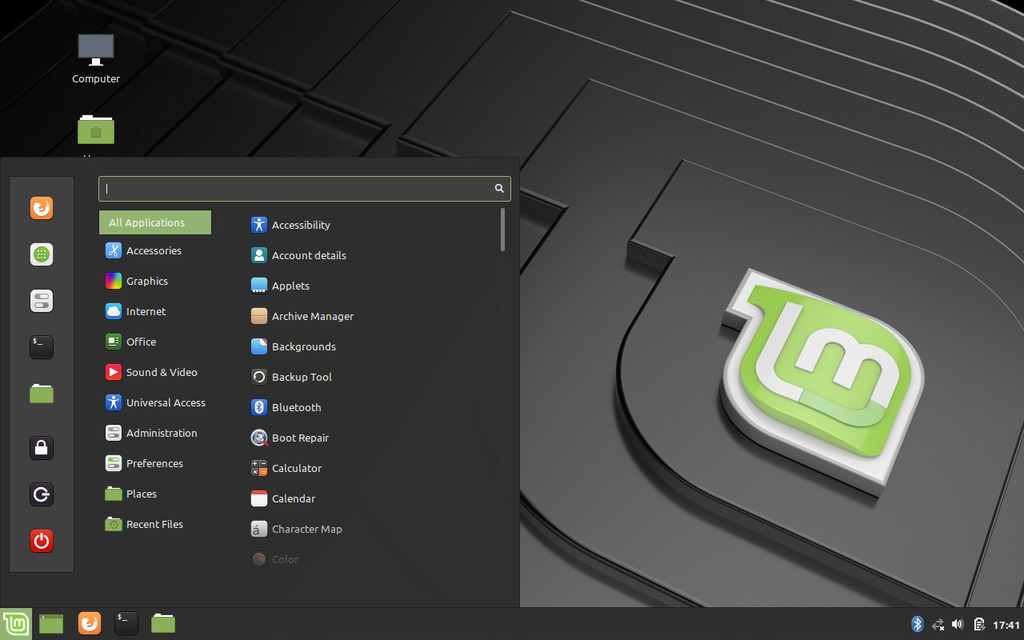
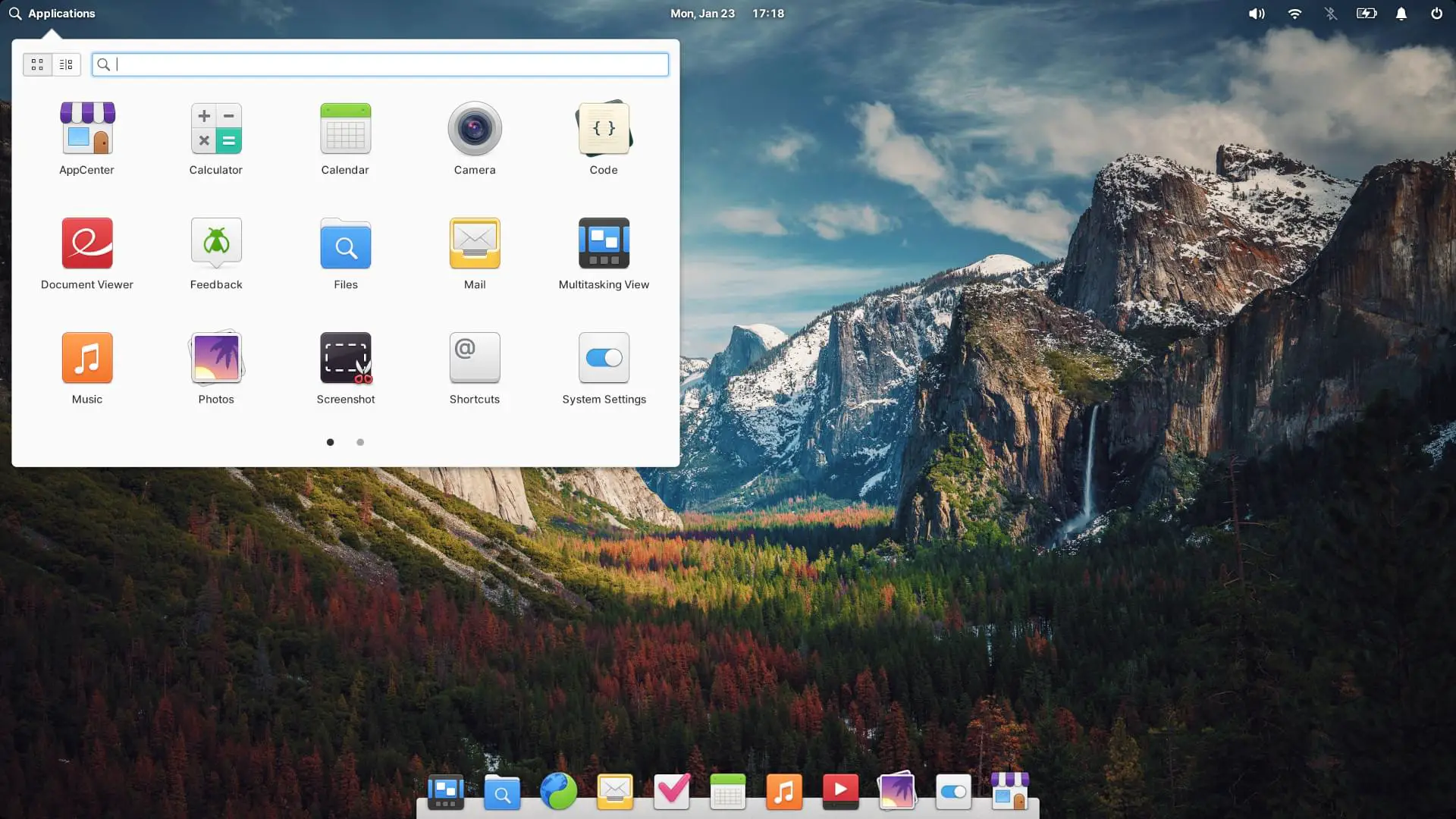
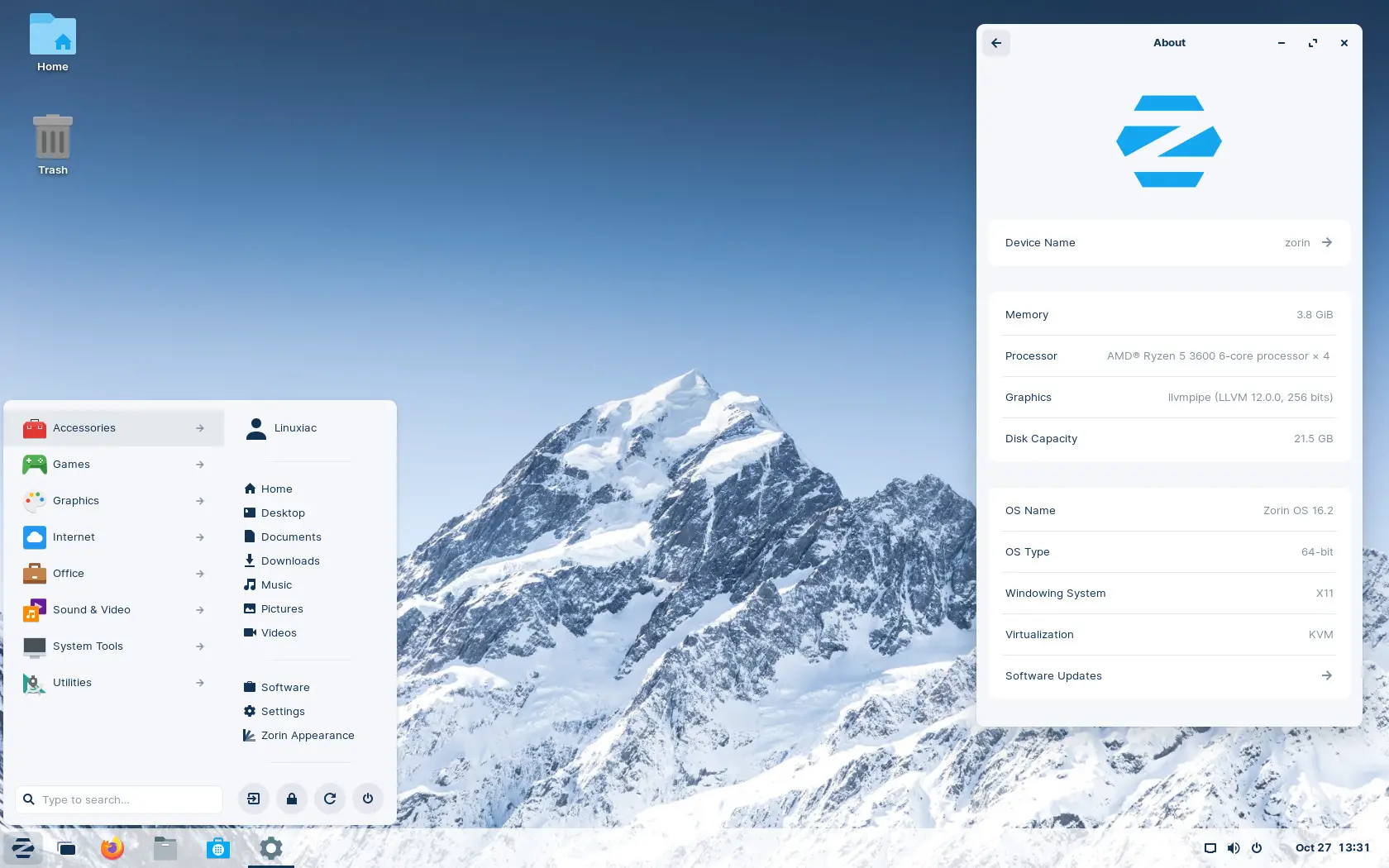
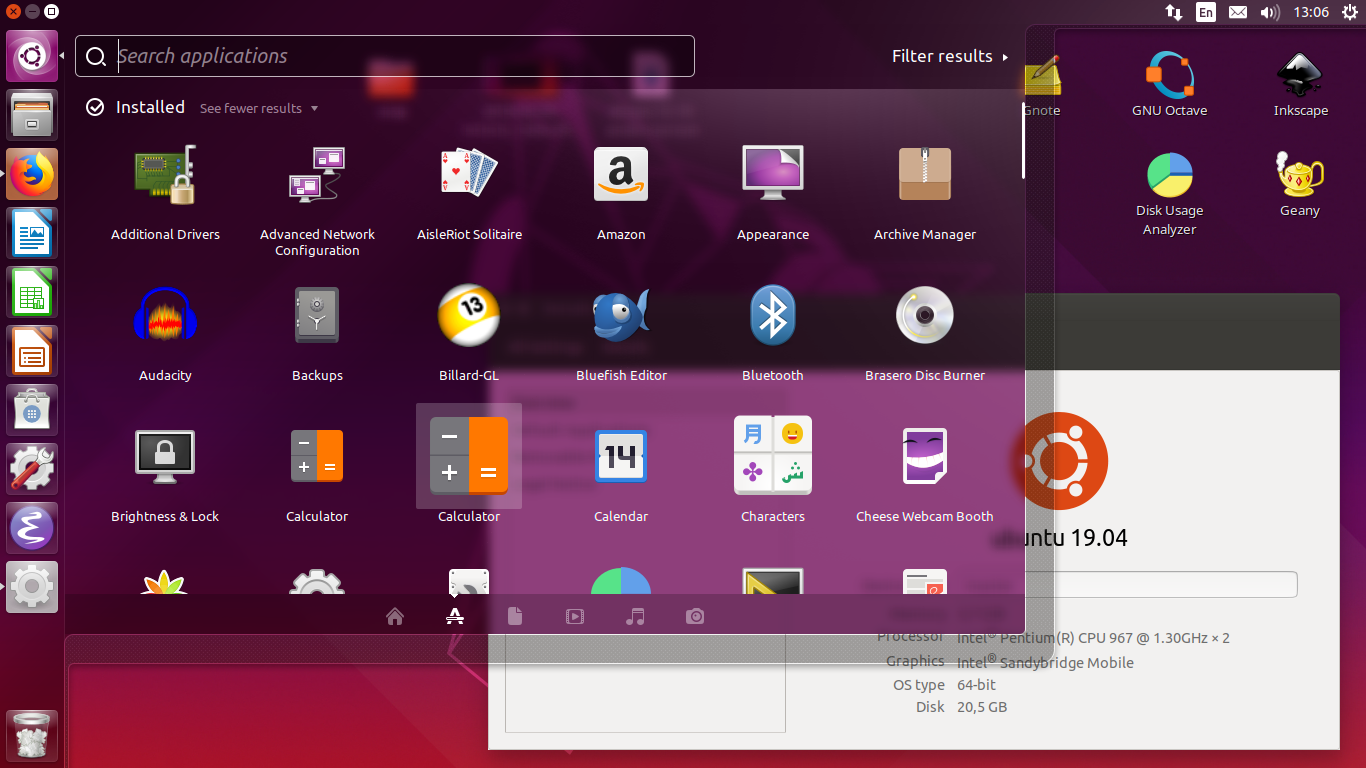
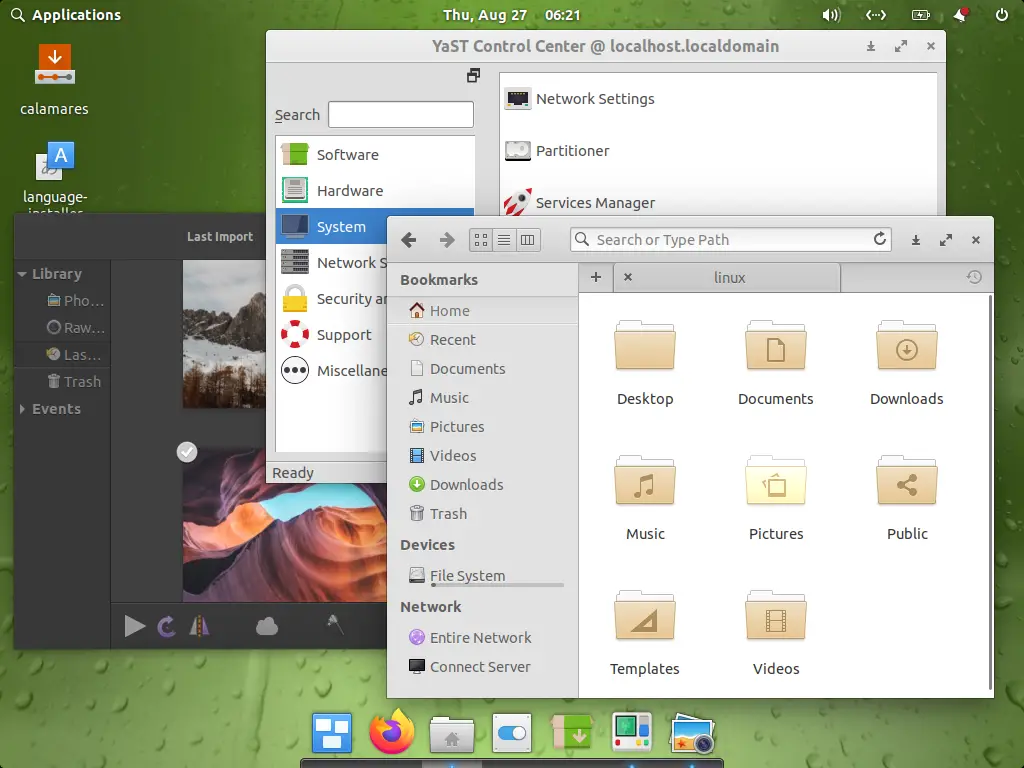
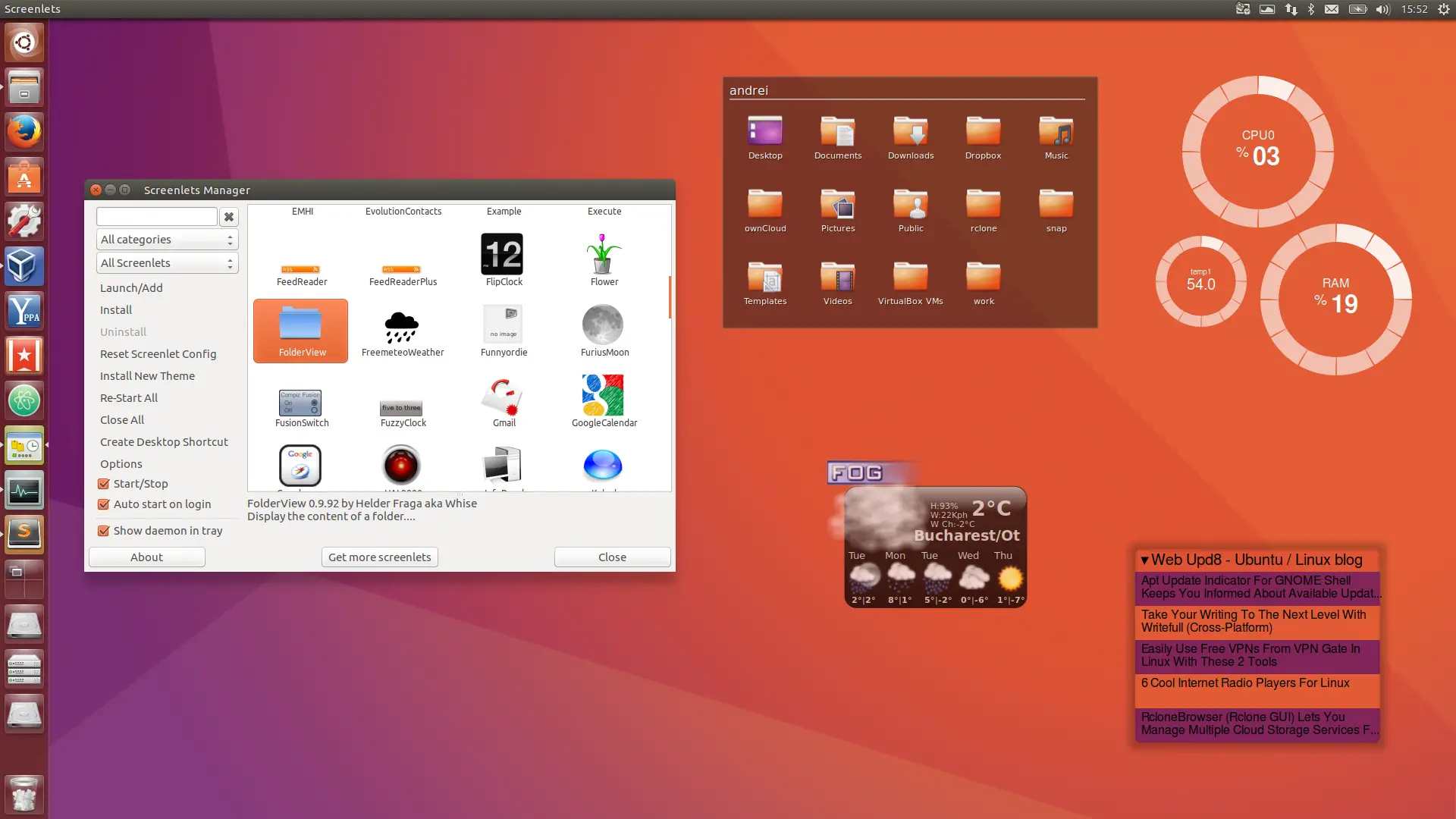
In light of these developments, the case for switching to Linux becomes compelling not just from a feature standpoint, but from a privacy perspective as well. Linux, with its open-source nature, offers transparency and control over your operating system that proprietary software simply cannot match. You decide what gets installed, what gets tracked, and how your data is handled. This level of control is crucial in an era where privacy is increasingly under threat.
Switching to Linux might seem daunting if you're accustomed to the Windows ecosystem, but the transition is easier than you might think. Modern Linux distributions like Ubuntu, Fedora, and Manjaro provide user-friendly interfaces and extensive online support communities. Additionally, many of the tools and applications you rely on are either available on Linux or have suitable alternatives.
Conclusion
The technological landscape is evolving rapidly, and with it, the norms and expectations around privacy and user control. Microsoft's latest moves with Windows highlight a future where convenience and AI integration come at the cost of personal privacy. By contrast, Linux offers a path that prioritizes user autonomy and security. As the digital world becomes more intrusive, embracing Linux isn't just a choice of operating system—it's a stand for privacy and control in an increasingly monitored world.
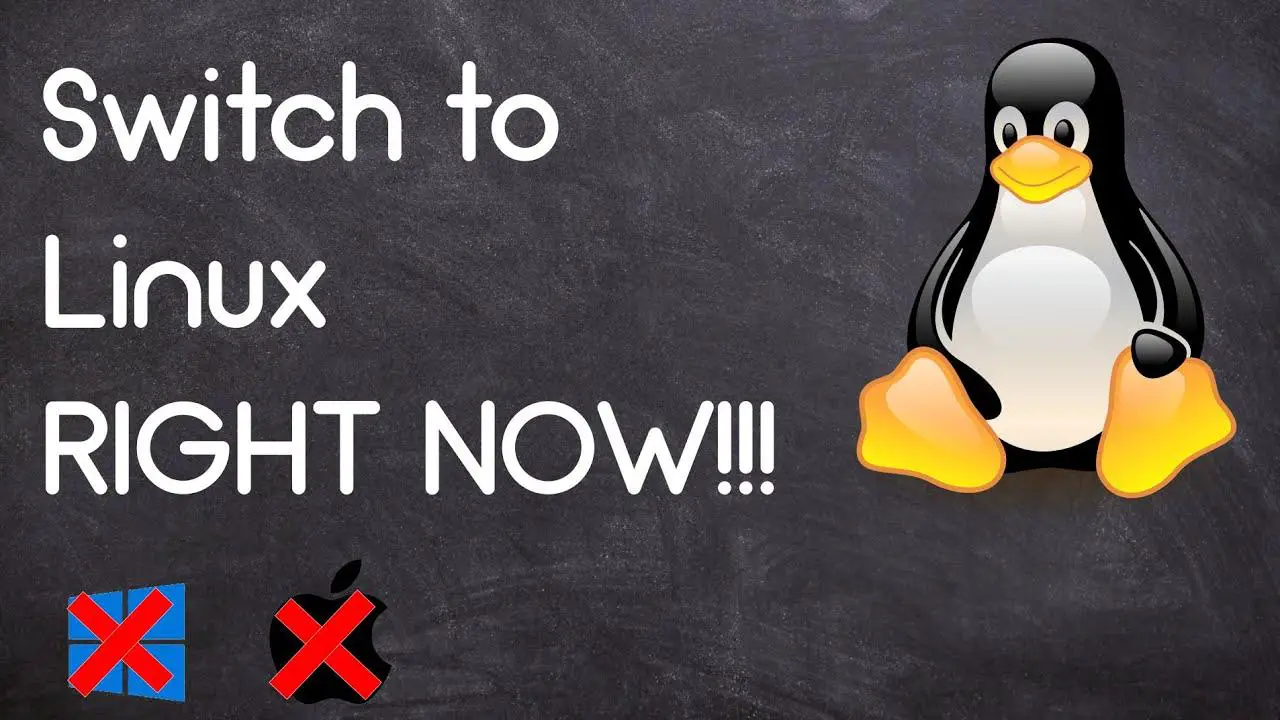
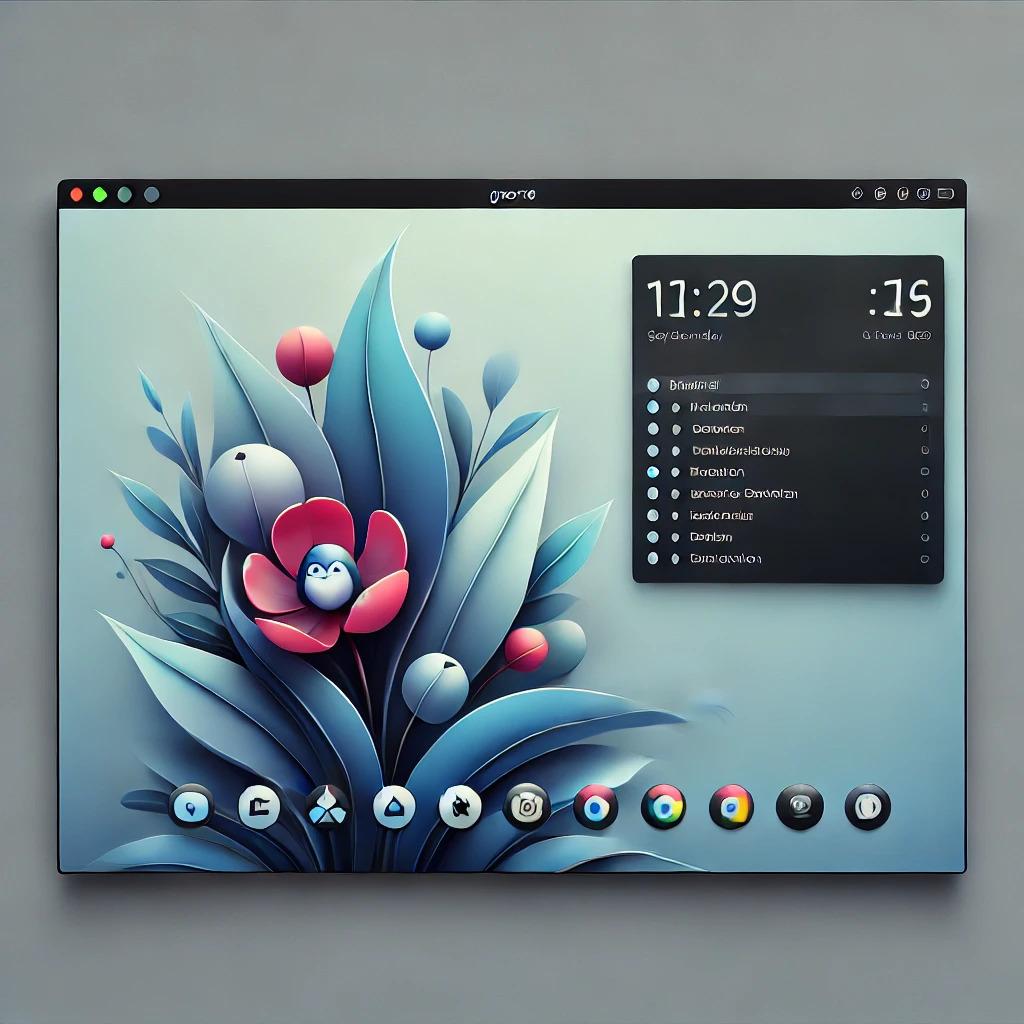
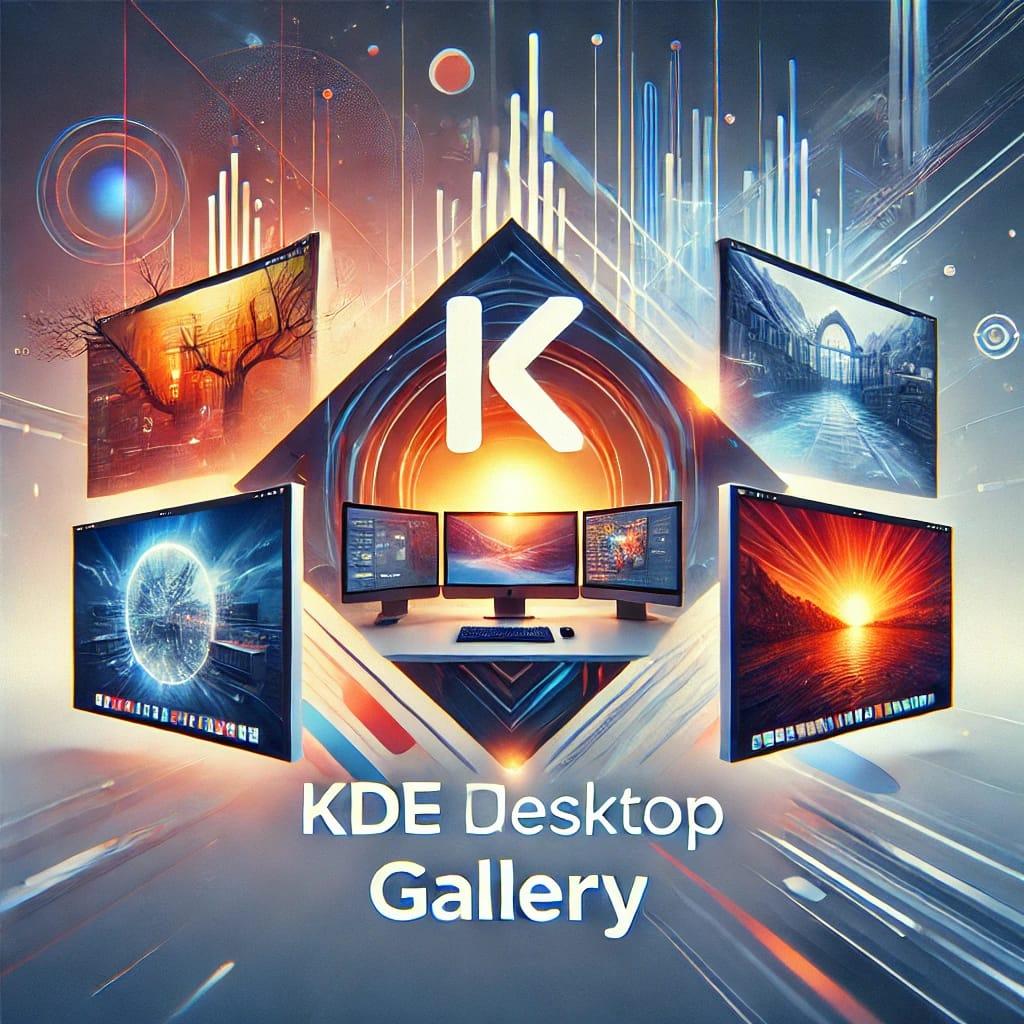
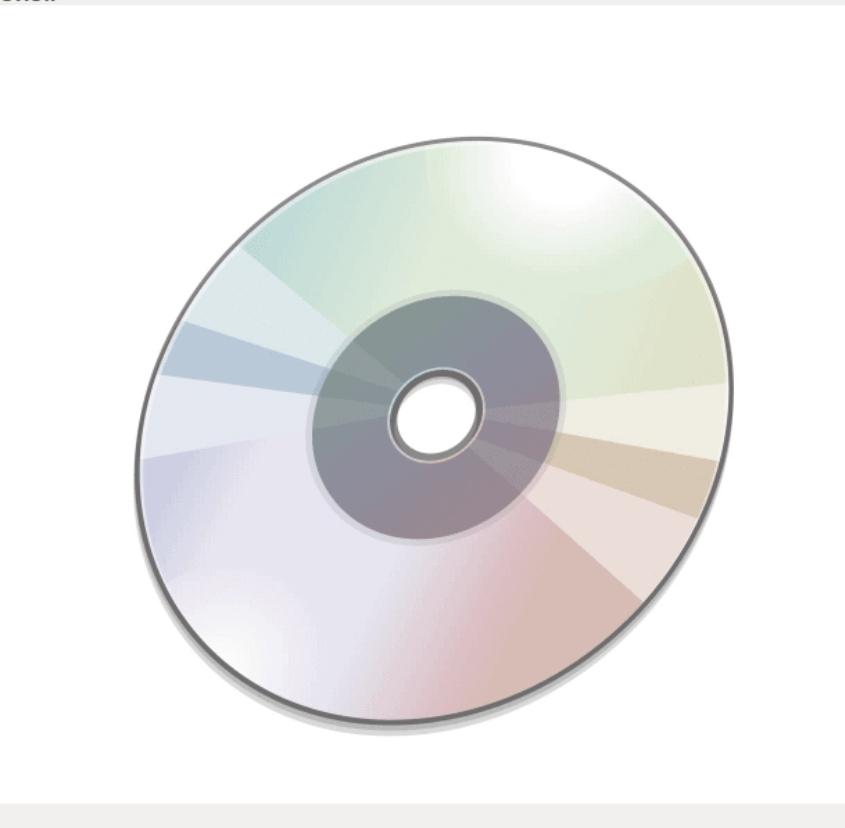
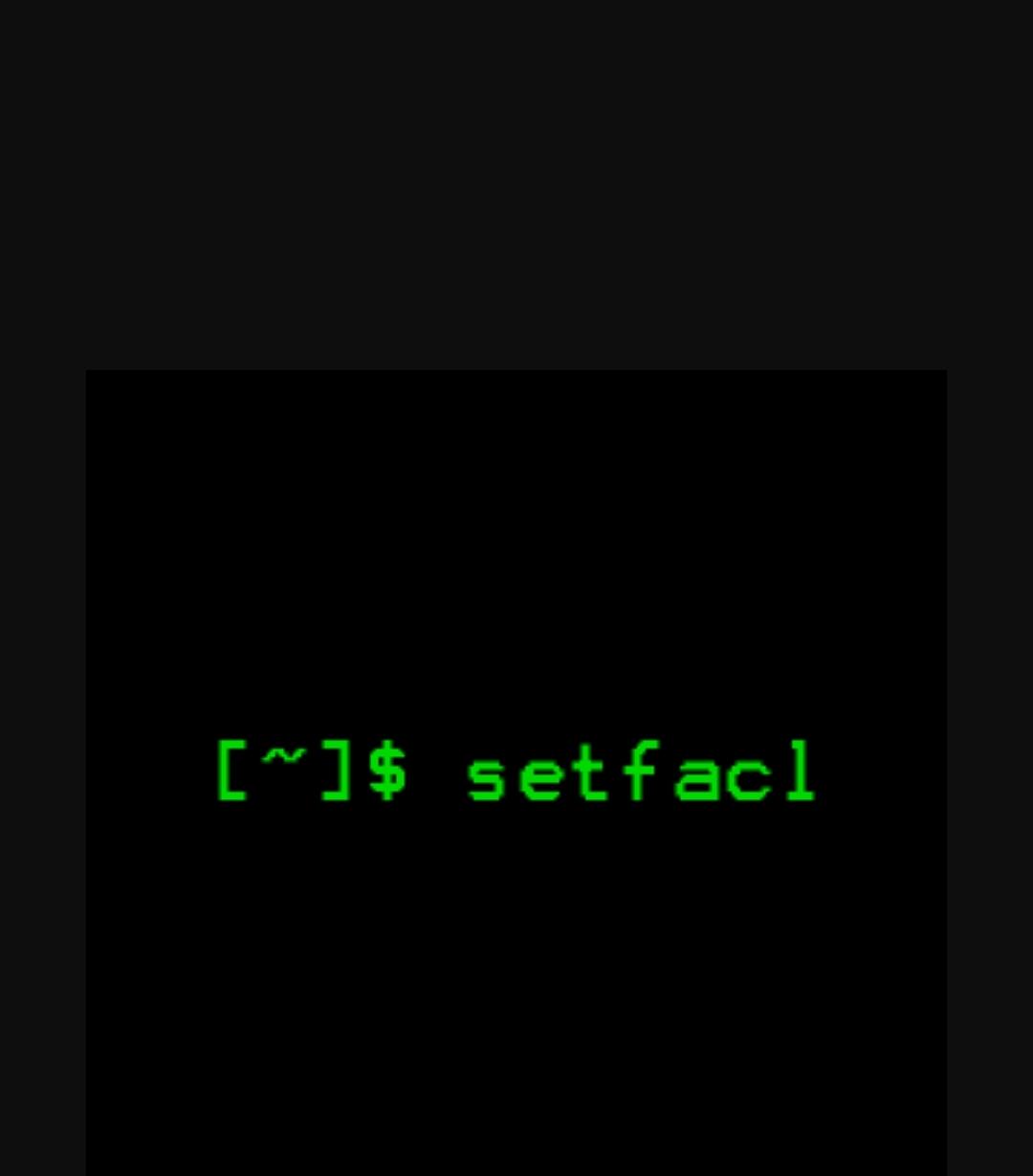
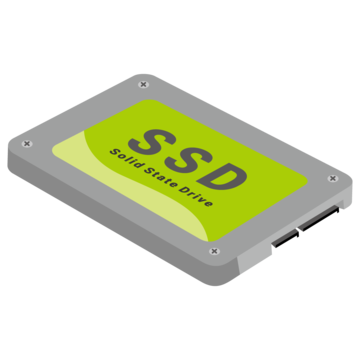
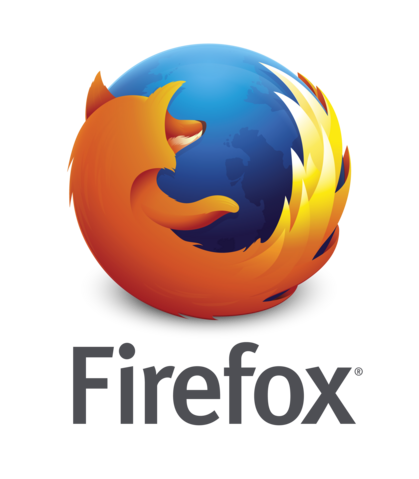





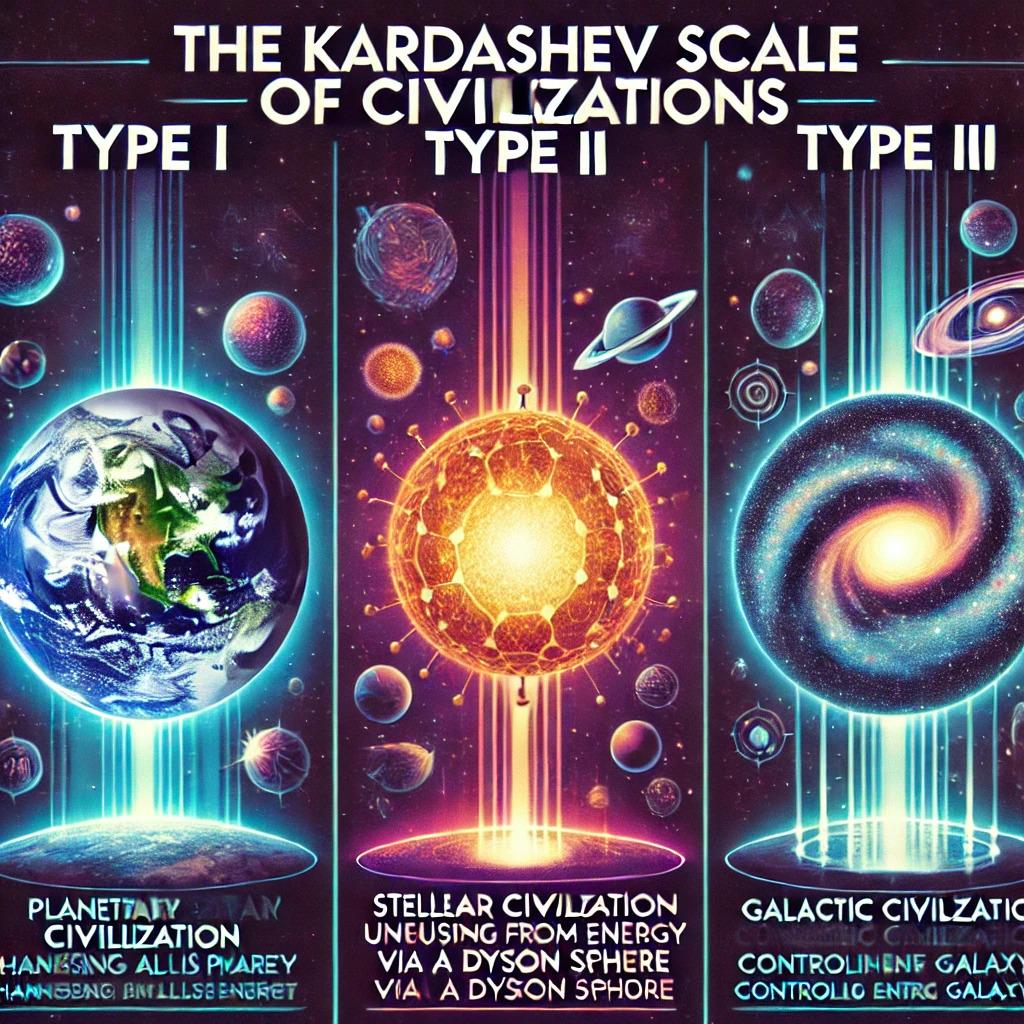


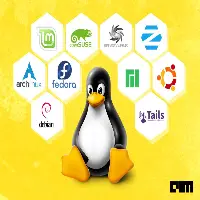
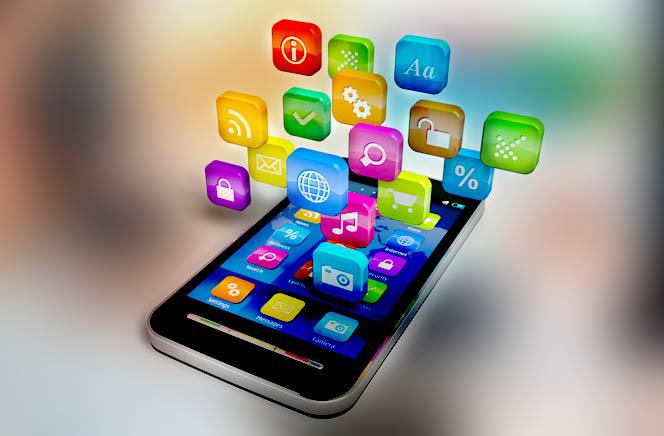

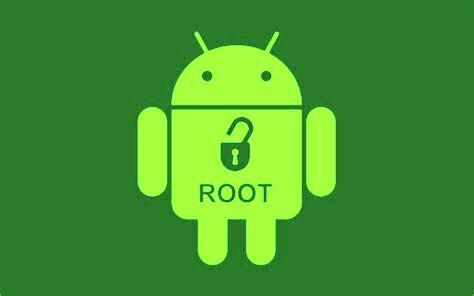

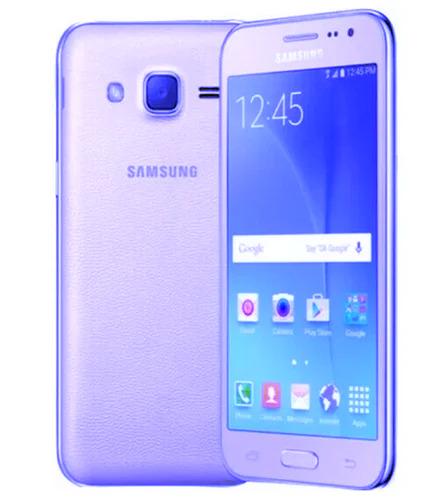
0 Comments, latest